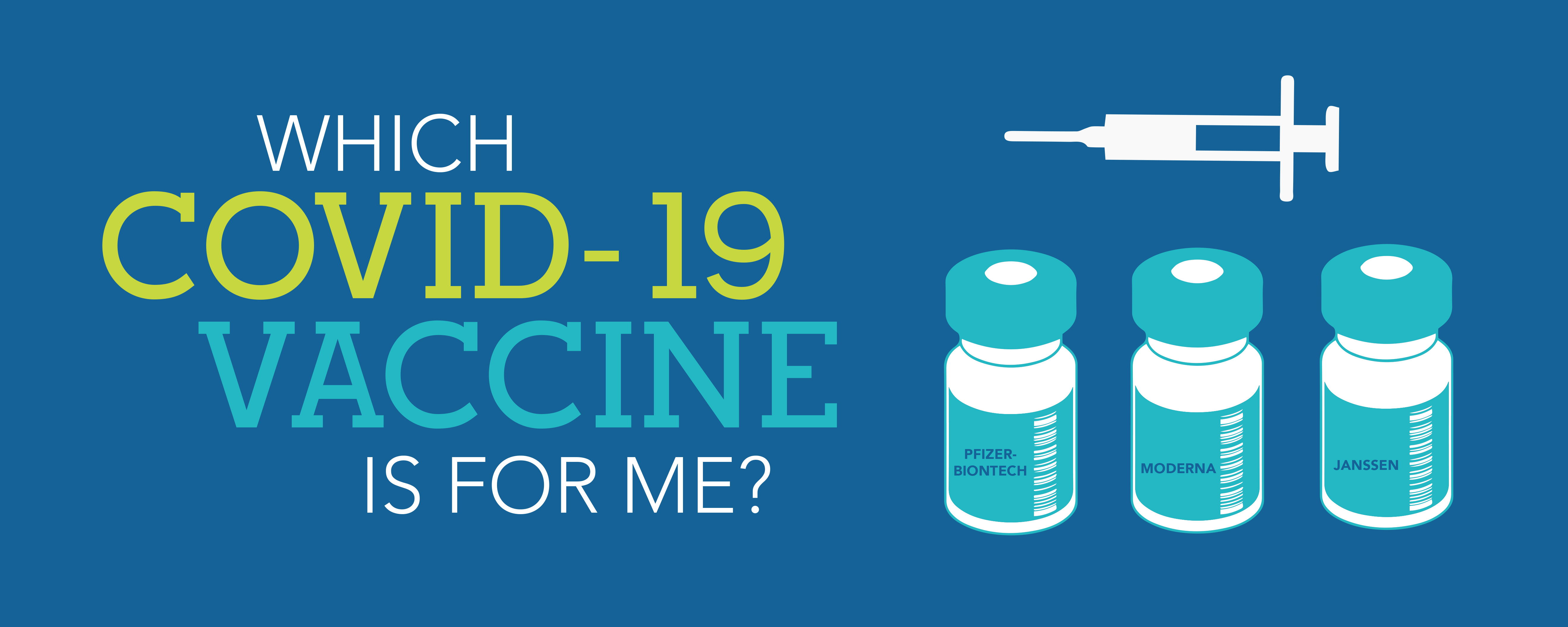By Dr. William Kim, Chief Medical Advisor, Beach Cities Health District
In the last year, we’ve learned a lot about washing hands, wearing face masks and physical distancing since these were the available tools to stop the spread of COVID-19. Newly developed vaccines are another weapon to fight this virus and hopefully end this pandemic.
I often get asked, “What vaccine should I get?” and my answer is whatever vaccine is available when you get an appointment. All the vaccines – Pfizer-Bio-NTech, Moderna and Janssen – provide a level of protection that is not available naturally. We’ve seen that the results of contracting the virus can be devastating. For vaccinated individuals who contract COVID-19, all three vaccines have been found tokeep patients from getting seriously ill.
This includes the Janssen vaccine (Janssen is a division of Johnson & Johnson). You may have heard that the efficacy of this vaccine is not as high as the other vaccines, which is true, but the ratesfor the messenger RNA vaccines (Moderna and Pfizer) are remarkably high. The Janssen vaccine is an adenovirus vaccine which, like mRNA vaccines, uses genetic material that encodes SARS-CoV-2 genes into your cells and get your cells to make the virus proteins. Adenovirus-vectored vaccines use a virus we know is harmless to release genes that encode the SARS-CoV-2 spike protein.
“Importantly, the (Janssen) vaccine was 100 percent effective in protecting against death from the disease everywhere it was tested,” said Dr. Anthony Fauci, President Biden’s Chief Medical Advisor. “The Janssen vaccine has the advantage of requiring only a single injection and can be easily transported and stored without special refrigeration requirements (necessary for Pfizer and Moderna doses).”
The Janssen vaccine will make it easier for people in rural or remote areas to get vaccinated due to the less stringent refrigeration needed and less complicated scheduling for the single-dose vaccine. Overall rates of vaccination already appear to be accelerating after the first week of its availability.
Johnson & Johnson has pledged to deliver 100 million doses by July with one of its competitors, Merck, stepping in to help with one of its competitors, Merck, stepping in to help with production.

Dr. William Kim (white coat, center) delivers the first vaccine for use at Beach Cities Health District’s vaccine site at AdventurePlex in Manhattan Beach Wednesday, March 3. Sarai Cuevas (left), a 2nd grade teacher at Washington Elementary in Redondo Beach, was the recipient of that vaccine, administered by MBFD Fire Captain Tyler Wade. At right is RBUSD Superintendent Steven Keller. (Photo courtesy of BCHD)
New CDC Guidelines for Fully Vaccinated People
Monday, the Centers for Disease Control and Prevention (CDC) announced some new guidelines for people who have been fully vaccinated (those who are have completed their vaccine regimen at least 14 days prior), allowing indoor gatherings with other fully vaccinated people without wearing a mask or with unvaccinated people from one other household (for example, visiting with relatives who all live together) without masks, unless any of those people or anyone they live with has an increased risk for severe illness from COVID-19.
Further, fully vaccinated people who’ve been around someone who has COVID-19 do not need to stay away from others or get tested unless they have symptoms. This does not apply to people in group settings (like a senior living facility or group home) who are around someone who has COVID-19, they should still stay away from others for 14 days and get tested, even if they don’t have symptoms.
Face Masks Still Necessary
Even fully vaccinated people should continue to take the steps we’ve been using to slow the spread of the virus because vaccines don’t immediately eliminate all risk. It takes up to two weeks after the second shot for the vaccine to reach peak effectiveness, so there is still a slight chance of infection after full vaccination.
Until enough people have been vaccinated to stop the spread of the virus, it’s important to continue taking precautions like wearing a face mask, physical distancing, avoiding crowds and washing your hands often.
Also, we don’t yet know whether vaccinated individuals will be protected from the virus themselves but still be able to transmit it to others. The clinical trials tested the vaccines’ ability to prevent symptomatic COVID-19 disease in vaccinated individuals but did not test if vaccinated individuals could still become infected or transmit the illness. Based on experience with other vaccines and early data, most vaccines that protect people from viral illnesses also reduce transmission of the virus by those who are vaccinated. We hope this is the case with the COVID-19 vaccines, but as of now we don’t know for sure if they will reduce such transmission.
Finally, as the COVID-19 virus evolves, the vaccines currently being given are effective in preventing serious disease by the variants currently emerging. These platforms are amenable to be changed to cover for mutations which may be found to be resistant to the current vaccines. The medical community is closely watching the spread of these variants and is ready to adapt as needed.
More information about COVID-19 vaccines is available at https://www.bchd.org/covidvaccine.




